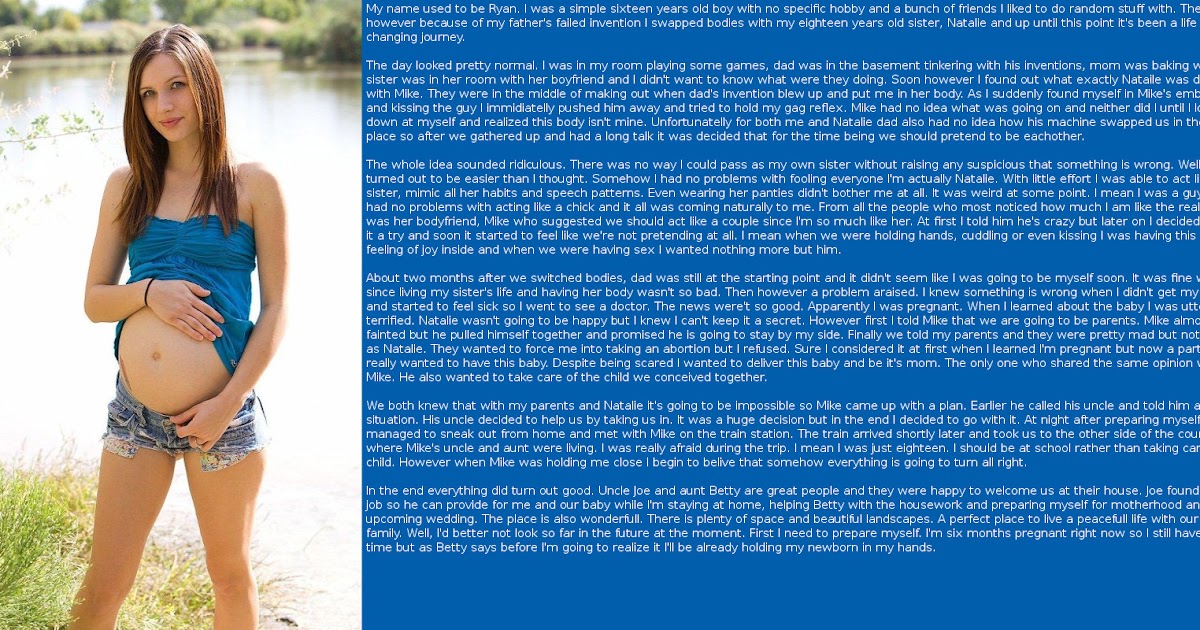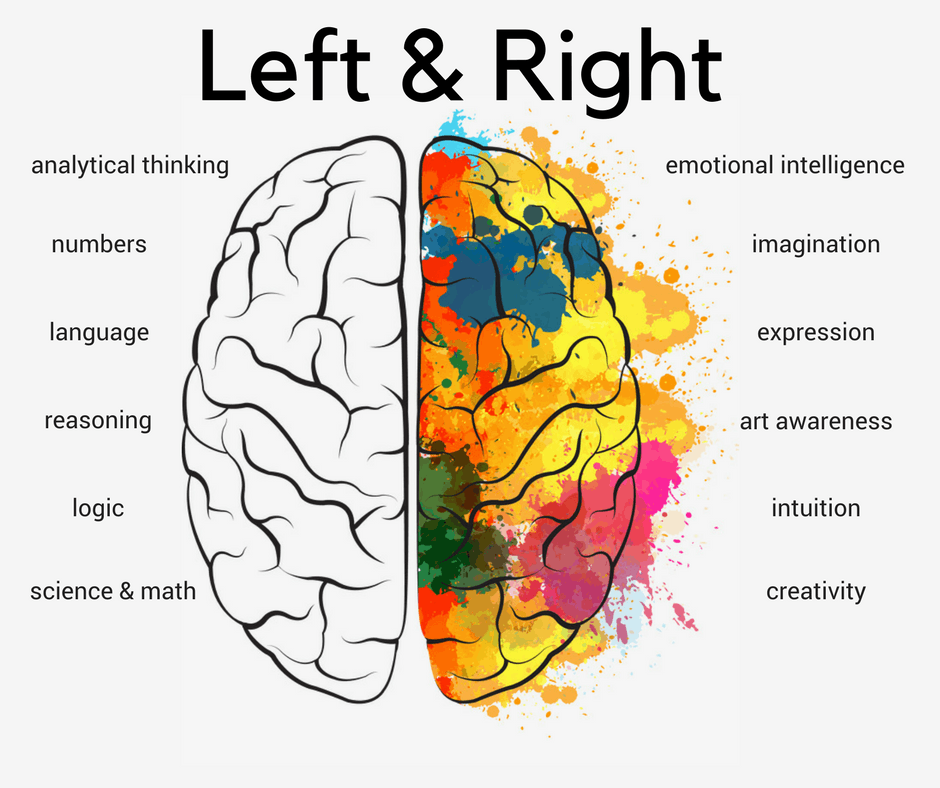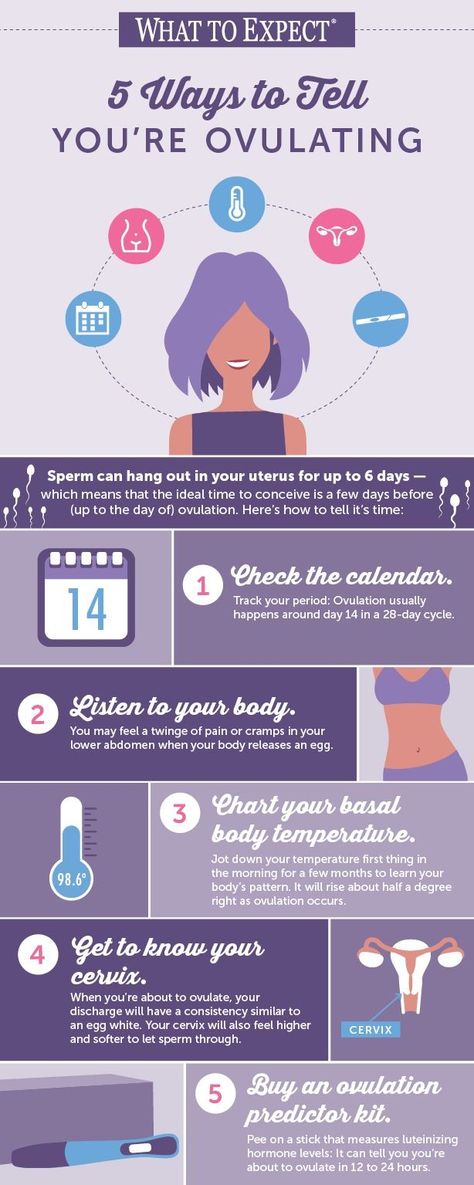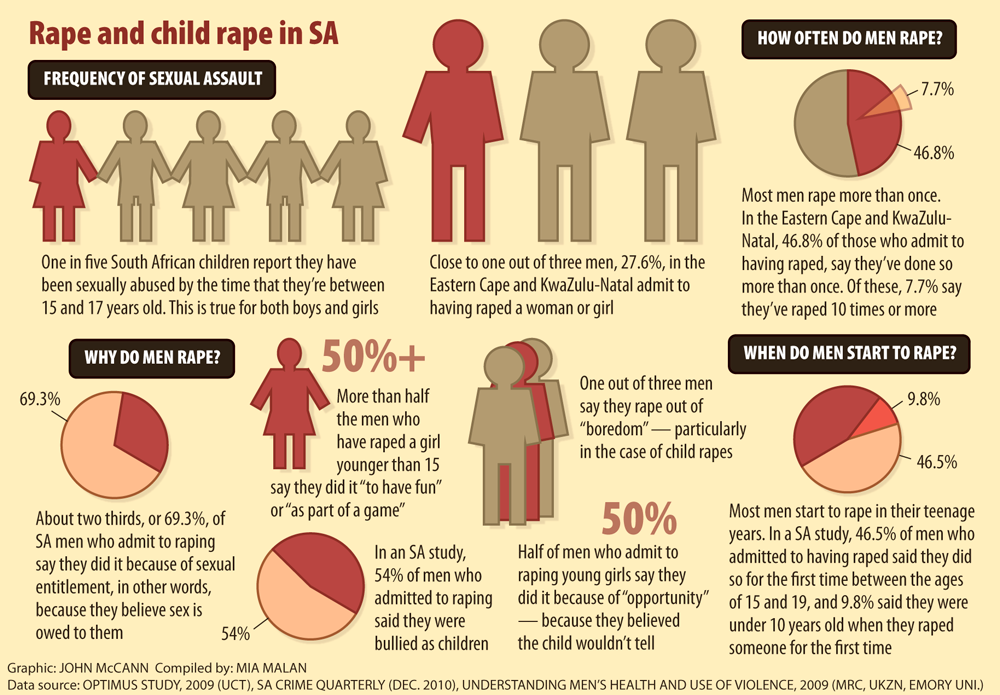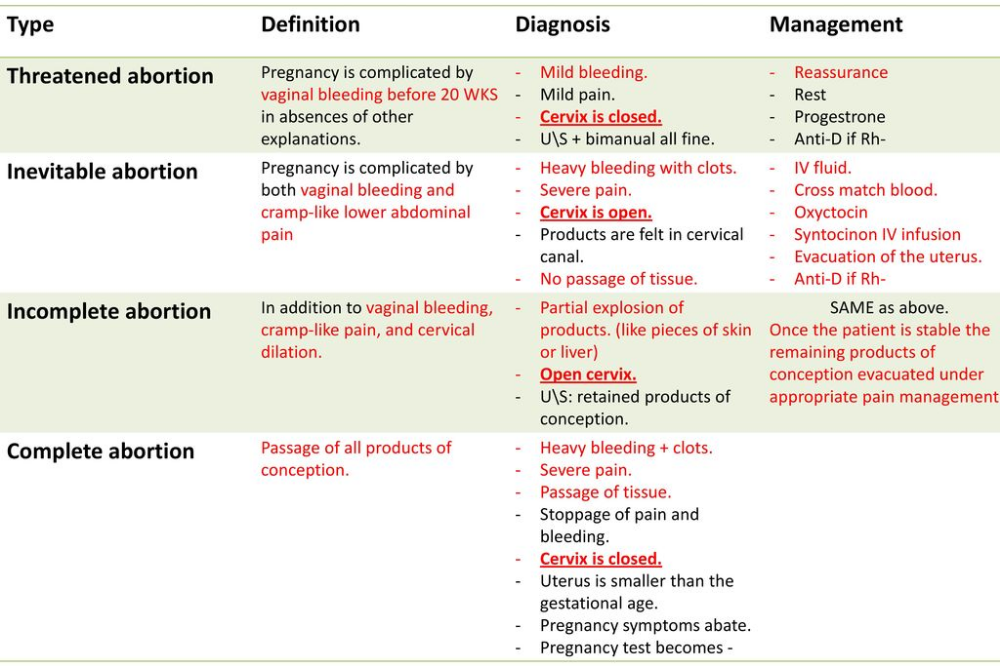How do babies act when they know your pregnant
Can Babies Sense Pregnancy Before You Know? Clear Signs They Can 2022
Many pregnant mothers have heard that babies and toddlers sense pregnancy, often before the pregnant woman even knows it. Some women absolutely swear by this, and you’ll hear stories about this from friends, family members, and coworkers affirming that kids really can sense pregnancy.
Can babies sense pregnancy before you know? There may not have been any actual clinical studies of this or any scientific evidence to back up this claim.
Still, suppose you’ve been told by your baby boy or girl that a new baby is on the way or that they’re excited to meet their baby brother or sister, and you had no clue what they were talking about until you took a pregnancy test. In that case, you probably need to schedule a visit to your doctor for confirmation of the positive pregnancy test.
This article will take a fun look into this sixth sense that babies seem to have. The ability to sense pregnancy sure is one odd superpower for a little one to possess, but after you hear stories about it or experience it yourself, you may just be a firm believer.
Early pregnancy doesn’t give off too many outward signs or cues for a person to know you’re pregnant. However, if you have older children or a toddler, they may be able to sense pregnancy before you yourself know it.
Does this mean that a toddler can sense when someone is pregnant?
Well, yes and no. They don’t have x-ray vision, and they aren’t able to communicate via telepathy with their new sibling in utero (at least, we don’t think so!), but the strong toddler sense may figure out that a new baby is on the way.
As far as we can tell, they can sense their own mother’s pregnancy, but typically not other people’s. This is because a toddler is very in tune with their primary caregiver, who, most of the time, is their mother.
Let’s dig into the details of this.
Can babies sense pregnancy before you know?When we say that kids can sense pregnancy, do we mean that they have some supernatural power or knack for it? Not really.
As previously mentioned, the sense that someone is pregnant only tends to extend to their mother rather than the general public.
The following are the signs believed to determine whether toddlers can tell when someone is pregnant.
They want a new siblingLittle kids will often tell their moms that they want them to have another baby. They want a sibling to play with. This scenario is especially true between an only child and a new mom.
The new mom may not have met many women who have kids in the age range of their toddler, so the little one is lonely and wants a playmate.
Adults often don’t take into account how perceptive little kids are. They ask for a new baby, and mom may say, “Daddy and I are working on it, sweetie. Hopefully soon!”
In the above scenario, the mom may say those words to placate a toddler hoping for a new pregnancy. What the toddler hears, however, is that their parents are doing everything they can to grant the wish of a new playmate.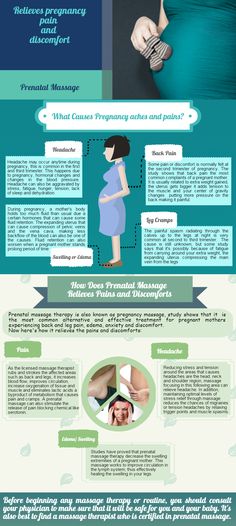
So that toddler will now listen closely anytime the words “pregnant” or “baby” is said by the parents.
So if you tell your husband quietly that your period is late and that you may be pregnant but are not sure, your toddler may hear this and start paying even closer attention to changes in you and signs that your belly is growing.
Overheard conversationsPregnancy is something that is talked about in the presence of toddlers and older children. Many times, adults don’t realize that the kids are even listening.
But when you say on the phone to your friend or your mom that you have been trying for a baby or that you think you may need to get a pregnancy test soon, those kids hear it, and they start to make assumptions and look for signs.
You’ll hear many stories where a woman says that the only person who knows of the possible pregnancy outside of herself is her partner.
However, that hush-hush conversation in the car while your toddler is in the backseat is heard by eager ears.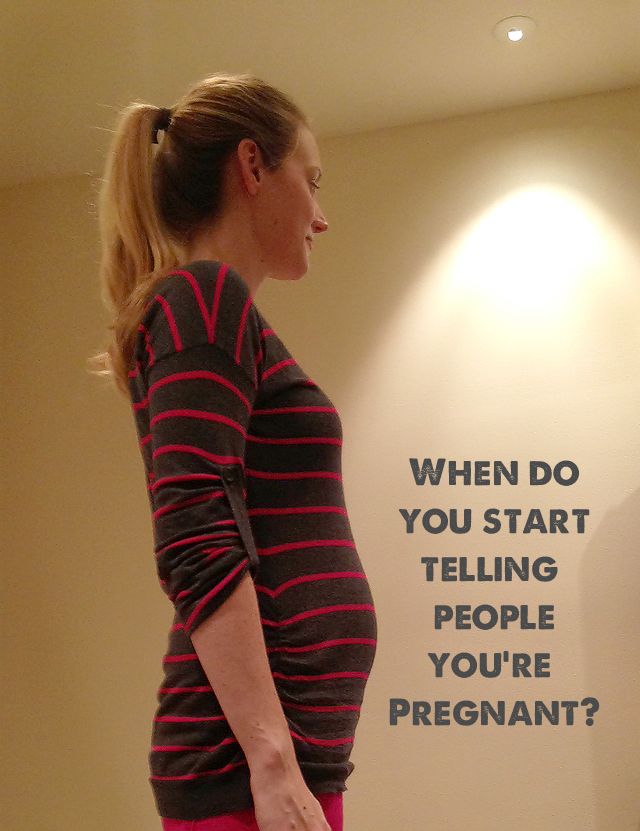 Soon enough, your toddler starts playing detective.
Soon enough, your toddler starts playing detective.
Toddlers are probably more familiar with your body than you are.
Think about it. They are just the right height to be eye level with your belly.
If they are breastfed, they know exactly what size your breasts are. They are constantly in your face and don’t have any sense of personal space.
They know what your hair feels and looks like.
They know how your face looks better than you do. So they notice the bloating of the belly in early pregnancy.
They can tell you that they are about to be a big brother or a big sister and will even start rubbing your belly before noticing any bloating or change.
Your face may be breaking out or clearing up. Your breasts may be tender and bigger. All these add up to a baby, and toddlers can sense it.
They sense the change in stress levelsYour hormones are haywire when you are pregnant.
Toddlers pick up on even the most minor shifts in mood from mom, and they zero in on it and fixate. They may have heard you talk about the nine months you spent pregnant with them and how your stress level rose, and they connect that with the big news of a new baby.
Your emotions may be all over the place, you may seem worried, and your feelings may be scattered and even extreme.
Children are more perceptive to their mommy’s emotions than you may think. You may find in these situations that your child is more clingy, rubs your tummy, and starts wondering out loud what is going on.
This may lead you to wonder if you may be expecting. It’s not so much that your kiddo can tell that you are growing new life in your belly, but children can give us the idea that something is going on with us long before we even realize it.
Signs your cat knows you’re pregnantCats have a very well-developed sense of smell and can sense pregnancy.
If you have a cat in the house acting strangely, you may be wondering what the cat is trying to tell you, aside from telling you that you need to feed it.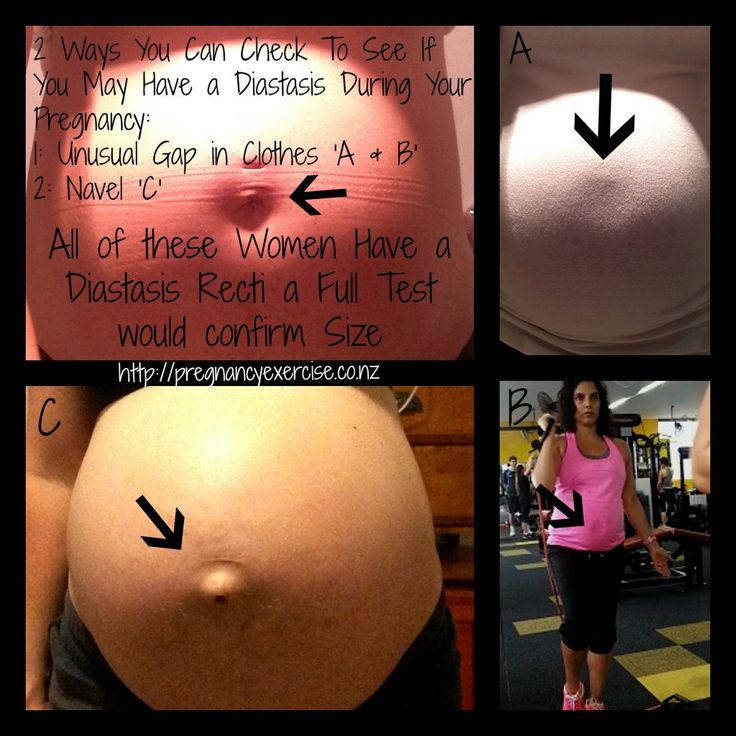
The following are some signs that cats give that have been known to predict pregnancy in their owners. Just like toddlers, these animals are more perceptive.
Laying on your stomachIf your cat is suddenly aware of your stomach, especially if it wasn’t much of a lap cat before, it may be related to sensing pregnancy.
Acting clingy or affectionateCats are hot and cold creatures who want an exact number of pets and nothing to do with you for a while.
If your cat is suddenly very affectionate, wants to be near you constantly, is clingy, wants to be pet round the clock, or starts pawing at your tummy, then you may not want to wait too long to go pick up a test from the drugstore.
Bearing giftsCats bring food gifts to family members they don’t think can hunt for themselves.
If your cat has never done this before but is suddenly bringing you a bird, mouse, or other treasure, it may be your pet’s way of taking care of you because they can smell the hormone changes in you.
Though there are many anecdotal accounts of children being able to sense the pregnancy of their mothers. There’s no proof of this, and you won’t find it in a medical journal, but mother after mother has attested to this.
This is likely because our little ones are more perceptive and often want to have a sibling anyway.
They start to become observant of attitude, behavior, and body changes in their mother, and they quickly put two and two together.
Your babies may not be able to figure out how pregnancy occurs, but they are experts at sensing when it’s happened.
So if your little one starts talking about mommy having a baby soon, you may be wise to listen. Your toddler may have overheard you telling your story alongside those other parents who swear the same thing has happened to them.
Can Babies Sense Pregnancy Before You Know?
You may be wondering if your baby can sense that you’re pregnant before you even know. Pregnancy is the most impressive and life-changing experience, but it can also be overwhelming. So, can your toddler sense pregnancy before you know it? We’ve put together a comprehensive guide on everything related to baby and pregnancy senses.
Pregnancy is the most impressive and life-changing experience, but it can also be overwhelming. So, can your toddler sense pregnancy before you know it? We’ve put together a comprehensive guide on everything related to baby and pregnancy senses.
Pregnancy is an amazing time in a woman’s life. The physical and emotional changes that occur are astounding. It’s no wonder that many women feel like they are glowing during pregnancy. But what about the babies? Can they sense pregnancy before you know? There are many stories about toddlers who can sense their unborn brother or sister, it seems that they just know.
For example, A pregnant woman has said that: “The day I found out I was pregnant, my four-year-old came up to me and rubbed my belly. “Mommy, you have a baby in there?” she said sweetly. Even though I had just started to show, I was still surprised that she could tell. Turns out, that some babies can sense pregnancy before the mother even know that she was pregnant”. So how does this work? On the one hand, it could be argued that the child was just guessing.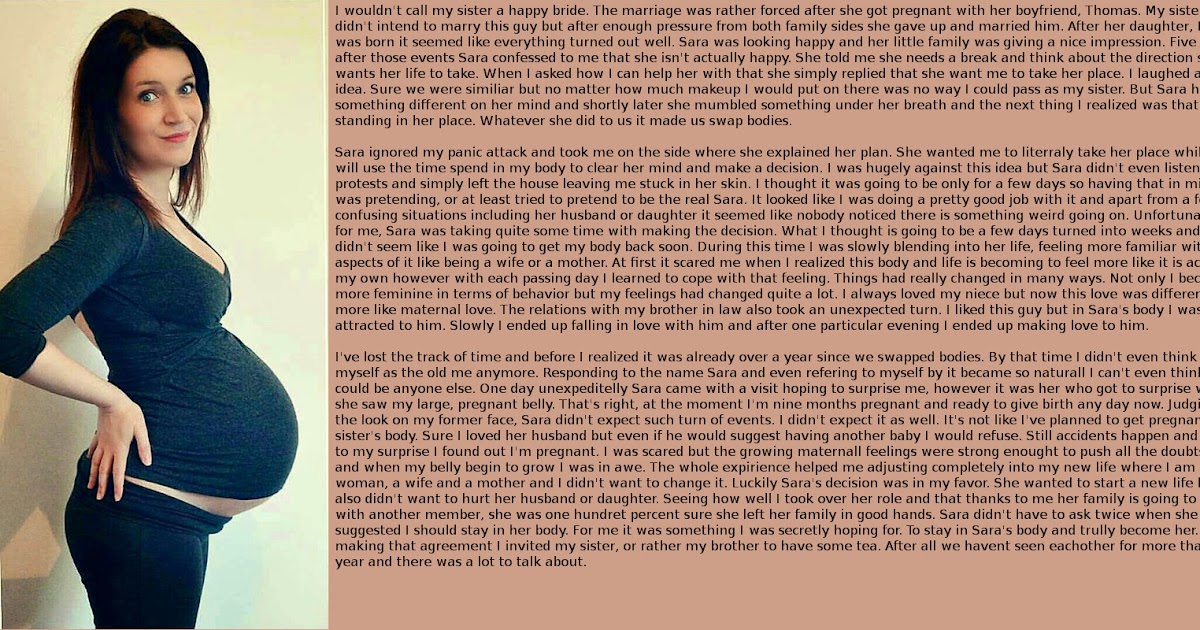 However, some experts believe that babies can sense pregnancy before these physical changes take place. In this blog post, we will explore the context in that babies can sense pregnancy before the mother knows.
However, some experts believe that babies can sense pregnancy before these physical changes take place. In this blog post, we will explore the context in that babies can sense pregnancy before the mother knows.
As we said there is no scientific evidence to support the claim that toddlers can sense other babies in the womb. Some people believe that babies in the womb can communicate with each other, but there is no scientific evidence to support this claim. Some people also believe that a baby can sense when its parents are pregnant, but there is no evidence to support this claim either.
Furthermore, some studies suggest that a baby can hear sounds from outside the womb starting at about 20 weeks gestation, but there is no evidence to suggest that a baby can hear anything from inside the womb.
Toddlers can sense your pregnancy in other ways, such as by the changes in your body or behavior. If you are pregnant, you may notice that your toddler is more clingy or needy than usual. You may also notice that your toddler is more interested in your stomach than usual. These are just a few examples of how toddlers can sense pregnancy. If you have a toddler and you are pregnant, try to pay attention to how your toddler is acting around you. This can help you understand how your toddler is feeling about your pregnancy. So, to be clear the answer to the question, can toddlers sense pregnancy before you know, is no.
You may also notice that your toddler is more interested in your stomach than usual. These are just a few examples of how toddlers can sense pregnancy. If you have a toddler and you are pregnant, try to pay attention to how your toddler is acting around you. This can help you understand how your toddler is feeling about your pregnancy. So, to be clear the answer to the question, can toddlers sense pregnancy before you know, is no.
How do babies act when they know you’re pregnant?
If babies found out that there’s a baby in your tummy, then they may become more fussy than usual, have a change in appetite, or show other signs that something is up. Every baby is different if one reacts this way to pregnancy it doesn’t mean that all babies will. When you’re pregnant one thing you should remember your toddler may act differently around you but that doesn’t mean they know what’s going on. Just because a baby can sense pregnancy, it doesn’t make them psychic.
Additionally, your child’s behaviour can change when you’re pregnant because they can feel your stress and anxiety..jpg) If you’re feeling worried about the pregnancy, your little one may start to act out in response to your emotions. While it’s impossible to say for sure whether or not babies can sense pregnancy, it’s clear that they’re sensitive to the changes in their environment and the people around them.
If you’re feeling worried about the pregnancy, your little one may start to act out in response to your emotions. While it’s impossible to say for sure whether or not babies can sense pregnancy, it’s clear that they’re sensitive to the changes in their environment and the people around them.
Some babies may become quieter and more introspective than usual. They may also start to react more strongly to stimuli, such as lights and sounds. Many babies start sleeping through the night earlier than usual. There’s no one right way for babies to act when they know their parents are pregnant. However, most babies exhibit some of the behaviors listed above in anticipation of the arrival of a new sibling.
The Bottom line
In conclusion, if someone is pregnant in the house, their baby will likely be able to sense it after the development of pregnancy symptoms. The baby may not know exactly what’s going on, but they’ll be able to tell that something is different. As we said already there’s no scientific evidence to support this claim, but many mothers believe that their babies were able to sense their pregnancy before they knew themselves.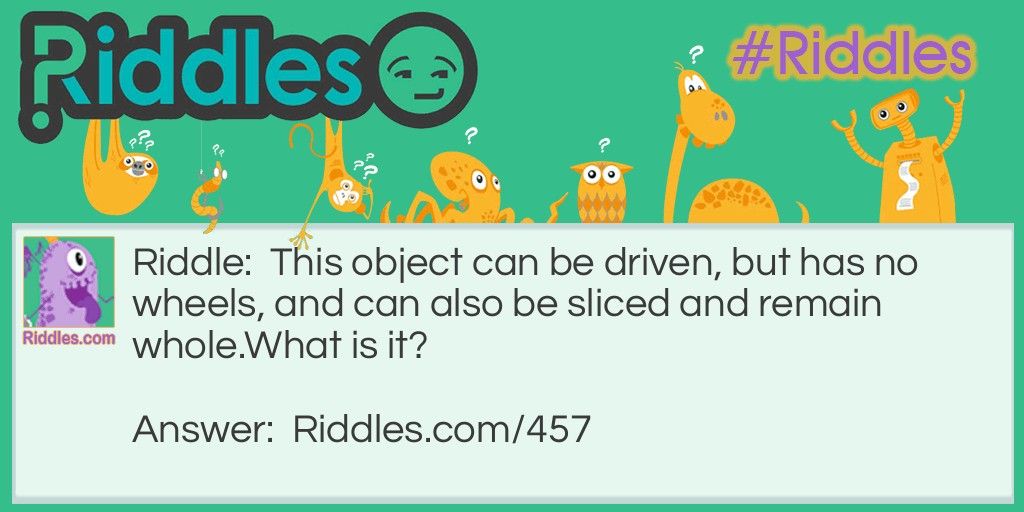 To tell when your baby is sensing pregnancy, pay attention to their behavior. If you’re worried about how your pregnancy will affect your baby, talk to your doctor. They can help put your mind at ease and give you the best advice for your situation. We hope this article helped answer the above question. If you have any other questions or would like to share your story, please leave a comment below. Thanks for reading!
To tell when your baby is sensing pregnancy, pay attention to their behavior. If you’re worried about how your pregnancy will affect your baby, talk to your doctor. They can help put your mind at ease and give you the best advice for your situation. We hope this article helped answer the above question. If you have any other questions or would like to share your story, please leave a comment below. Thanks for reading!
How the baby behaves before birth
Pregnancy
Article
0 reviews
The activity of a child in the mother's womb is a key sign of his life. The baby moves and pushes throughout the entire period of pregnancy. The frequency and nature of these movements is constantly changing - from very tangible shocks to barely perceptible stirring. The end of the third trimester - 38-40 weeks of pregnancy - the period when the baby slows down a little, calms down and begins to prepare for the moment of its birth. nine0003
nine0003
4 min. for reading Feb. 17, 2022
How does a child behave before giving birth, why count the number of movements and when to start preparing for a trip to the hospital? More on this later.
Behavior of the baby in the womb at 38-40 weeks of pregnancy
At the beginning of the third trimester of pregnancy, the baby is very active - constantly somersaults and pushes, constantly reminding his mother of his presence. He has enough space for such acrobatic tricks. Toward the end of the gestation period, the amniotic fluid is increasingly restricting his movements, so the behavior of the crumbs changes noticeably. He becomes calmer, and only from time to time announces himself with strong, but confident pushes. This is due not only to the lack of space, but also to the fact that the baby begins to prepare for his first meeting with the outside world. nine0003
What happens to the baby before delivery:
- he changes his position
- all organs and systems are already fully formed
- the body begins to produce cortisol - a hormone that helps the lungs to fully mature
- the first feces are formed in the intestines
- the weight of the crumbs reaches an average of 3250 kg, and the height is 48 cm
Why count the number of baby's movements before birth
As we have already noted, at the final stage of pregnancy, the baby calms down.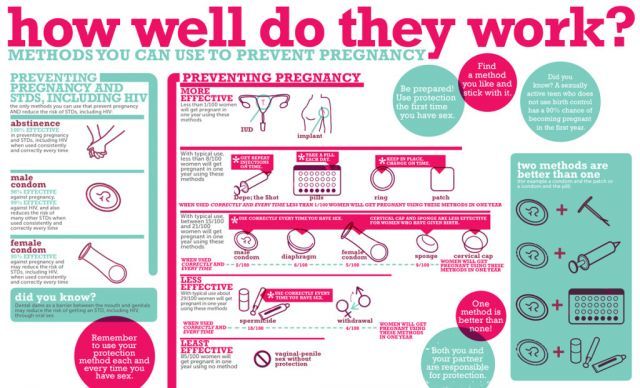 This condition is absolutely normal. However, the dynamics of its activity must be monitored. If the child behaves too quietly, or vice versa - moves too often - this is a cause for concern. nine0003
This condition is absolutely normal. However, the dynamics of its activity must be monitored. If the child behaves too quietly, or vice versa - moves too often - this is a cause for concern. nine0003
Approximately 10-12 movements within 6 hours are considered normal. That is - 1-2 times per hour. If you find this to be quite common, don't worry. This has its advantages - so you can better feel the baby, understand his claims and discontent.
If the child does not move more than 6 times a day, consult a doctor immediately. After all, this may indicate a danger to the life of the crumbs. This usually happens with intrauterine hypoxia, when the umbilical cord is wrapped around the neck. That is why it is so important to record everything that happens to the baby in the womb. nine0003
How the baby behaves before birth: the position of the fetus
In preparation for the birth, the whole small organism inside you gathers strength and takes a low start position. He turns his head down.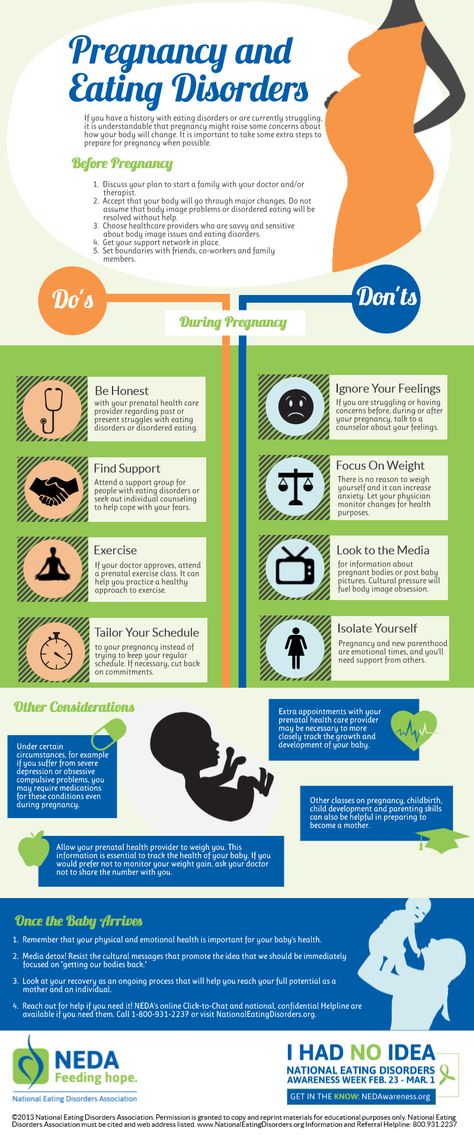 This is considered the correct position of the fetus before childbirth. This position is the key to normal childbirth.
This is considered the correct position of the fetus before childbirth. This position is the key to normal childbirth.
But quite often the baby takes other positions, which are less comfortable both for the mother and for him/herself.
-
Pelvic position.
Baby takes upright position with butt down. This position does not necessarily involve a caesarean section. Natural childbirth is also possible. It all depends on the individual indicators of pregnancy. Modern medicine recommends only girls, as it is believed that boys during childbirth experience too much stress on the genitals.
-
Oblique position.
Successful natural childbirth requires the fetus to be in an upright position. But sometimes he takes a position slightly oblique in relation to the pelvic floor. Most often, in the process of labor activity, the baby aligns the position and is safely born. When this does not happen, doctors recommend surgery. nine0003
nine0003
Cases of this position of the child are rare, only about 4% of women in labor. Moreover, a large fetus does not take such a position, because it is inconvenient for him. But small ones can. They have enough space in the womb, so they spin as they want. Perhaps this is the only case when doctors and obstetricians are unanimous in favor of a caesarean section.
What does a woman feel at 38-40 weeks. Harbingers of childbirth
Expectant mother in this period is not easy. Against the background of a general tense emotional state, she also experiences quite a strong physical discomfort. Now every movement of her crumbs is painful and palpable. nine0003
When the baby changes his position, turning his head down, it becomes easier for the woman to breathe. After all, the fetus no longer presses on the diaphragm. But at the same time, it becomes harder for her to walk.
38-39 weeks of pregnancy is a period when the probability of childbirth is very high. Therefore, it is worth preparing everything you need for the maternity hospital and not leaving home without an exchange card. A very small percentage of women give birth on a predetermined date. But you can find out when this moment is likely to come with the help of the birth date calendar. nine0003
Therefore, it is worth preparing everything you need for the maternity hospital and not leaving home without an exchange card. A very small percentage of women give birth on a predetermined date. But you can find out when this moment is likely to come with the help of the birth date calendar. nine0003
Periodic short-term pains in the lower abdomen will be the first harbingers of approaching labor. They indicate that the body has started the process of preparing for this event. It is often difficult for pregnant women to distinguish training contractions from real ones. However, there are clear differences.
Childbirth can begin either with the outflow of amniotic fluid, or with contractions. If it all started with contractions, note their frequency and duration. Record them every 10 minutes? Then slowly get ready for the hospital. If the waters have broken, this is a reason to hurry. nine0003
In conclusion, we would like to note that the body of every woman is special. Therefore, it makes no sense to worry if your baby behaves somehow differently, not like a pregnant girlfriend.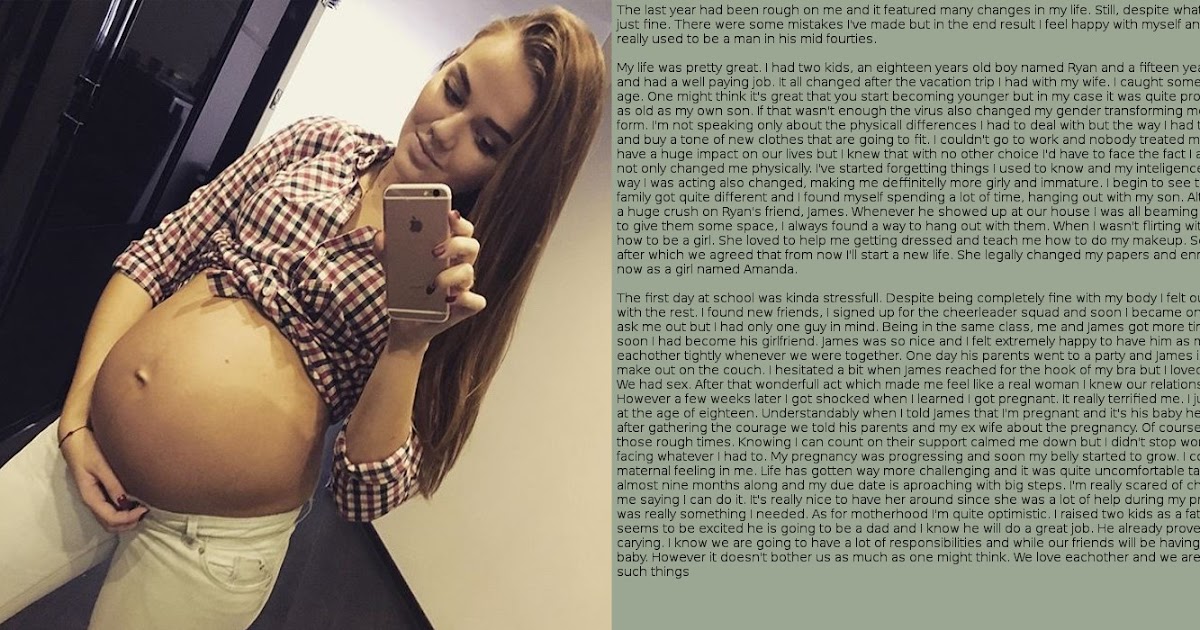 Just relax more, recharge with positive emotions and carefully record all the movements and movements of the crumbs. If you're worried, just talk to your doctor.
Just relax more, recharge with positive emotions and carefully record all the movements and movements of the crumbs. If you're worried, just talk to your doctor.
Latest Reviews
Average Customer Rating
0 customer ratings
Snapshot of community ratings
- five 0
- 4 0
- 3 0
- 2 0
- one 0
What do babies learn in the womb?
- Leslie Evans Ogden
- BBC Earth
Image credit: Thinkstock
communication with parents. Learning certainly begins before birth, says a BBC Earth columnist. nine0118
When I was expecting my first child, like most expectant mothers, I received a lot of unsolicited advice.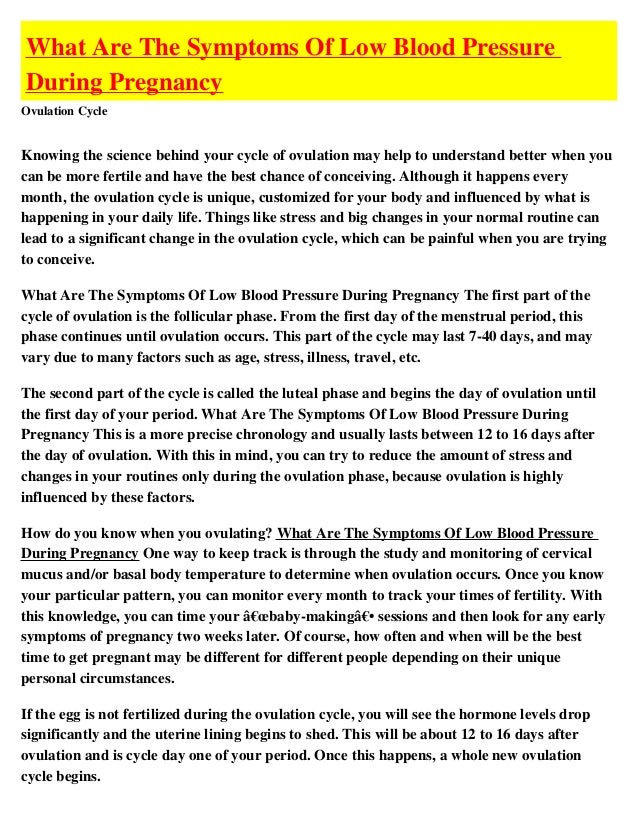
"Don't eat spicy foods, especially garlic, especially when you're breastfeeding." But as a terrible fan of spicy food, I didn't really listen. Cuisines differ markedly by culture. Therefore, children who are born in the spice capitals of the world are accustomed to the spicy flavor with their mother's milk.
It was pure speculation on my part, but given my tiny test subject's excellent appetite, it seemed to me that he was not at all against the Thai curry and garlic dishes that he tried through breast milk. nine0003
Image copyright, EdelmannScience Photo Library
Photo caption,Babies learn about their mother's cooking tastes even before birth
- Boy or girl: what do signs say?
- Is it true that cats are shameless egoists?
- Giraffes' necks do not elongate while foraging
Recent scientific studies confirm that babies learn about their mother's culinary tastes even before they are born. But in fact, learning in the womb is not limited to the taste of food. And it is also not limited to human babies. Experiments show that all kinds of animals, from small to large, begin to explore the world even before they are born. Babies carefully observe the tastes, smells, sounds and even images available in the womb. nine0003
But in fact, learning in the womb is not limited to the taste of food. And it is also not limited to human babies. Experiments show that all kinds of animals, from small to large, begin to explore the world even before they are born. Babies carefully observe the tastes, smells, sounds and even images available in the womb. nine0003
How can a child learn to recognize the taste of garlic in the mother's stomach? Peter Goepper from the University of Belfast set out to find out. He observed 33 children whose mothers preferred garlic dishes or did not eat garlic during pregnancy.
Image copyright, Thinkstock
Image caption,Babies are sensitive to different flavors of breast milk
A scientist found that children's culinary tastes persisted even years later, because those whose mothers ate garlic during pregnancy ate potatoes with pleasure with garlic even at 8 or 9years.
But how can human babies taste food in the womb? One theory, Goepper explains, is that the tastes get into the amniotic fluid, and when the fetus swallows it—from around the tenth week of pregnancy—"it tastes it. "
"
Tastes can also pass directly into the blood of the fetus through the mother's blood. Garlic, for example, lingers in our body systems for several hours after eating. This explains why at close range you can smell it even the next day after eating it. nine0003
Image copyright, Thinkstock
Image caption,Garlic and chili have a very strong taste
Researchers have shown that not only strong tastes, but also, for example, the taste of carrots can influence the culinary preferences of the fruit.
If such conclusions seem unscientific to you, consider that for mammalian babies, taste and smell are important factors that trigger the suckling process.
"When a baby is breastfed, he tastes the same taste in his mother's milk that he was used to during 30 weeks in the womb, and therefore he perceives it well," explains the scientist. "If the taste is different, feeding can become more problematic ". nine0003
nine0003
Pass the podkast I sink
Podkast
Shcho TS BULO
Golovna Istoria Tizhnya, Yaku explain our magazine
VIPASKIS
KNETS POKAST
so that it is not surprising that pre -tasting is widespread. , in rabbits, rats, dogs and cats.
This mechanism has evolved to protect newborns from dangerous foods and to help them recognize their mother. "It makes sense, because it's very important to be able to recognize who is naturally programmed to take care of us," Gepper notes. nine0003
This is especially important for animals that can be exploited by other species, giving them their offspring to feed.
While observing the behavior of the bird Malurus cyaneus (of the nettle family), Australian scientists accidentally noticed that females, while hatching eggs, make special sounds that are very similar to the cries of their hungry chicks after they hatch from eggs.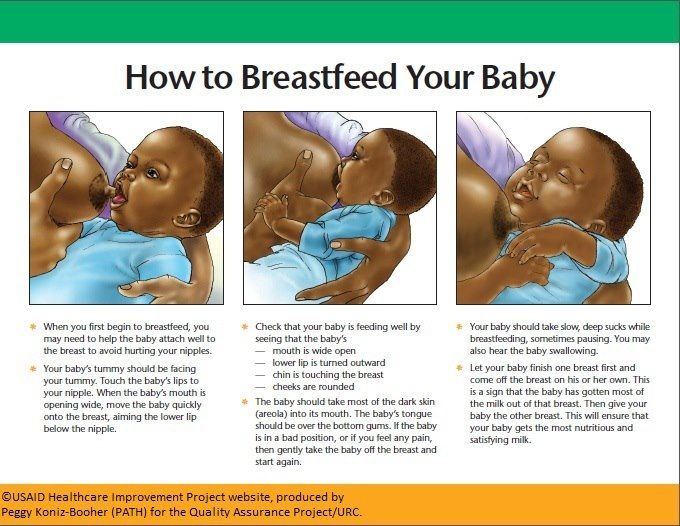
It is possible that in this way the mother teaches her unborn children the special signals they will call her after hatching. Scientists tested this hypothesis and found that chicks that call their parents differently are fed less. Moreover, even very slight differences in signals affect the behavior of adult birds. nine0003
Photo copyright, David Tiplingnaturepl.com
Photo caption,Malurus cyaneus
Other studies have shown that nestlings and ducks are taught to sing.
Scientists Christopher Garsh and Robert Lickliter of Indiana conducted an experiment that resembles the tale of the ugly duckling. Experiments have shown that partridge chicks prefer the call of a Japanese quail, rather than representatives of their own species, if they were played recordings of his singing before birth in an incubator.
What about human embryos? Are they able to learn sounds in the womb? Experiments by psychologist Athena Voouloumanos at New York University have shown that babies give more preference to human speech than to other sounds, and to their parents' language over other languages.
It is interesting that they learn their native language not only when their mother speaks, but also from the lips of other speakers. And the children of bilingual mothers, as Voulumanos' colleague at the University of British Columbia found, responded equally strongly to both of their mothers' native languages. nine0003
Photo copyright, David Wellingnaturepl.com
Photo caption,Partridge (Colinus virginianus)
Can babies in the womb also learn to recognize musical melodies?
In one experiment by Finnish scientists, a group of late-term pregnant women listened almost daily to a children's lullaby, "A Little Star Twinkles." After the babies were born, scientists tested the children's reactions to small changes in the song's melody using an encephalogram. nine0003
The brains of babies who listened to it in the womb reacted much more actively to both versions of the melody (correct and incorrect) than the brains of those who did not play the lullaby. This suggests that the children recognized and remembered the melody.
This suggests that the children recognized and remembered the melody.
One important consequence of this discovery is the need to pay special attention to the sound environment of premature babies. If there is a lot of mechanical noise in the neonatal unit, babies may remember these sounds at the expense of speech sounds and subsequently have difficulty learning language. nine0003
Image copyright, Thinkstock
Image caption,Playing music to the belly probably won't work
However, scientists are skeptical about artificially modeling the sounds that a fetus can hear. And they consider the popularity of devices that play music directly to babies in the womb and attached to the stomach or even have vaginal speakers as a commercial move.
It turns out, however, that the babies of different animals in the womb are able to perceive not only tastes, smells and sounds. nine0003
An unexpected discovery was made by researchers observing cuttlefish, animals that zoologists believe have one of the richest behavioral repertoires in the world. Researcher Ludovic Dickel of the University of Cannes in Lower Normandy in France found that once the cuttlefish's visual system starts to function, about three weeks before hatching from the egg, the animal begins to learn through sight.
Researcher Ludovic Dickel of the University of Cannes in Lower Normandy in France found that once the cuttlefish's visual system starts to function, about three weeks before hatching from the egg, the animal begins to learn through sight.
In one experiment, Dickel and his colleagues showed cuttlefish embryos images of crabs, which usually could not affect the embryos' sense of taste or smell because they did not release chemicals. After hatching, cuttlefish exposed to crabs had a markedly greater preference for prey from the crustacean family than their peers who received no visual cues before birth. nine0003
Photo copyright, David Fleethamnaturepl.com
Photo caption,Pharaoh cuttlefish (Sepia pharaonis) eggs
As Ludovic Dickel's team found, cuttlefish began to learn even earlier, four weeks before hatching. They sensed touches and chemical cues, such as the scent of predatory European sea bass.
The ability to quickly learn to recognize the smell of danger is also inherent in salamanders and frogs.
Knowledge of the dangers of the environment in which an animal will be born is an important way for amphibians to survive. Many of them develop in an environment filled with predators, and 90-99% of the young may die before they transform from a tadpole to an adult.
Sometimes water bodies become safe, which allows active movement and search for food, however, in other periods, the number of predators increases markedly, and in order to survive, animals are forced to be very careful. They learn this from the many chemicals that surround them in the water and contain a lot of information about the environment.
Alicia Mathis of Missouri is trying to use these early chemistry lessons to save the rare and endangered salamander, the Allegamian salamander. nine0003
Photo credit, Visuals Unlimitednaturepl.com
Photo caption,Ringed salamander (Ambystoma annulatum)
To increase the population of this species, the salamander is bred in captivity.